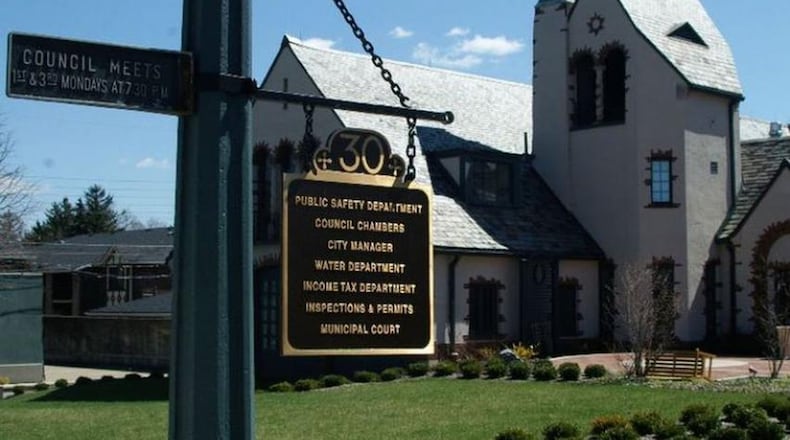Vice-Mayor Steve Byington told council that the rental inspection program requires houses and rental properties to be inspected prior to being sold.
“The Rental Inspection Program requires landlords to obtain an inspection and to provide certain tenant information each time there is a change in tenant,” he explained. “Regular inspections are important, but can be obtrusive, and the need for regularity must be balanced with private property rights.”
Byington says the newly-passed changes to the rental inspection program puts into place a clearer balance of efficiency for inspections and private property rights.
“For that reason, city staff has recommended that we cap the number of inspections at one per year, per property unless that property has a history of complaints or other issues that would warrant an inspection,” Byington said.
The new changes to the program gives the city the discretion to waive the inspection requirements for a property if three conditions are met.
“The property has already been inspected within the previous 12 months, the city has not received any zoning or property maintenance complaints about the property within the previous 12 months,” Byington said. “Three, the property owner is otherwise in compliance with all requirements of the property maintenance code.”
That balance for most cities with rental inspection programs is not easy to come by, as Oakwood’s program was found unconstitutional last year, then amended to comply with a ruling from the Southern District of Ohio.
MORE: What’s the result of toilet paper shortage? You guessed it, clogged pipes, say area plumbers
The 1851 Center for Constitutional Law represented more than 1,000 residents who had paid the city of Oakwood a $60 fee for the property inspection in the past six years.
“We were able to track down these homeowners, some of them still in the area and some of out-of-state,” said Maurice Thompson, director of the 1851 Center for Constitutional Law.
In May of 2016, the 1851 Center for Constitutional Law filed suit in federal court, arguing the requirement amounted to a warrantless search.
Law Director Rob Jacques told he Dayton Daily News that the city was granted approval by the court to implement an updated ordinance.
“Although it was entirely constitutional when first adopted, an inadvertent change was made to the ordinance in 1992,” Jacques said. “As a result a provision was deleted that would have allowed the Code Enforcement Officer to seek an administrative search warrant in the event that an owner objected to an interior inspection of his or her home.”
He added the absence of the provision in the 1992 ordinance is what prompted the lawsuit, and the provision is included in the updated ordinance.
“Owners who plan to sell homes in Oakwood are required to obtain and pay for an inspection prior to sale, as they have since 1968,” Jacques said. “But there are now procedural safeguards in place that will allow the city to seek a search warrant in the event that an owner refuses consent for the interior inspection.”
MORE: This week marks the 107th anniversary of the 1913 Flood in Dayton
About the Author
